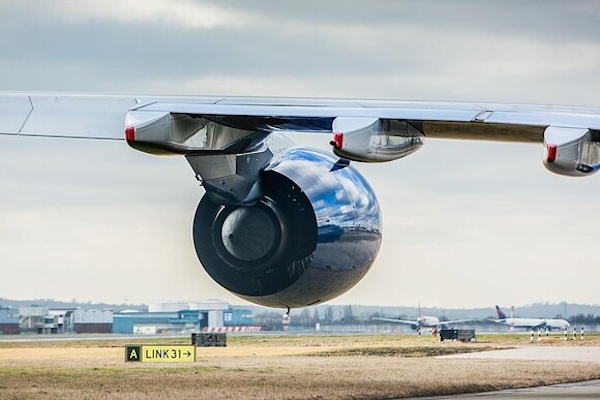Heathrow Airport faces significant disruption as refuelling staff threaten a three-day strike over the May bank holiday.
This action, involving 50 staff, centres on disputes with AFS over contract terms for new hires.
Potential Disruption Over Bank Holiday
Heathrow Airport is facing the threat of substantial operational disruptions during the upcoming May bank holiday. Refuelling staff have announced plans to undertake industrial action, potentially affecting numerous flights. The action is expected to last 72 hours from May 4, posing significant challenges to carriers and passengers alike.
The impending strike involves 50 employees who provide refuelling services to multiple airlines. These include major carriers such as Air Canada, Air France, American Airlines, Delta Air Lines, Emirates, United Airlines, and Virgin Atlantic. The prospect of delayed, disrupted, or grounded flights has already caused trepidation among those planning to travel over this busy period.
Union’s Standpoint
This industrial action stems from a longstanding dispute with AFS, the refuelling service employer at Heathrow. The disagreement revolves around alterations to the terms and conditions for staff hired after January. The Unite union, championing the cause, has made it clear that such changes are unacceptable.
Kevin Hall, a regional officer for Unite, has emphasised the resolve of the staff involved. He asserts that allowing such changes to stand would eventually make them normative for all employees. Hall’s statement highlights the union’s commitment to prevent what it sees as a potentially harmful precedent.
Impact on Aviation and Passengers
The strike’s potential impact is considerable, given the scale of operations at Heathrow. Airlines reliant on AFS for refuelling services will have to seek alternative arrangements or face significant delays.
This situation places airlines in a precarious position, needing to reassure passengers while grappling with operational challenges. The dependence on a single service provider for an essential function like refuelling underscores the vulnerability of current airport operations.
Company Response
AFS, a joint venture involving major oil and gas companies such as Air BP, Total, Q8 Air, and Valero, has yet to comment extensively on the planned industrial action. The responsibilities for managing disruptions will largely fall on their shoulders.
As the strike date approaches, AFS will be under mounting pressure to either negotiate terms with Unite or develop contingency plans to mitigate the effects on flight schedules.
Airline Strategies Amidst Uncertainty
Airlines affected by this situation are likely to explore several strategies to minimise inconvenience to passengers. This may include rerouting flights or scheduling additional refuelling stops.
Passengers are urged to stay informed about possible flight alterations through their respective airlines’ communication channels. This proactive approach is crucial to manage expectations and reduce travel anxiety. Communicating transparently with passengers will be a key strategy.
Long-Term Consequences
The outcome of this industrial action could set a significant precedent for future employment negotiations within the aviation sector. Should AFS concede to the union’s demands, it may embolden similar movements elsewhere.
Conversely, if AFS holds firm, it may alter the landscape of employer-employee relations within the industry. This situation could influence not just Heathrow but the wider aviation industry on labour policies and practices.
Preparing for Travel Disruptions
Passengers intending to travel during this period should consider making flexible travel arrangements. This could involve opting for refundable tickets or exploring alternative routes to their destinations.
Travellers are advised to remain vigilant and prepared for potential schedule changes, as the situation unfolds at Heathrow Airport.
The developments in this dispute could have lasting implications for labour relations in the aviation sector.

